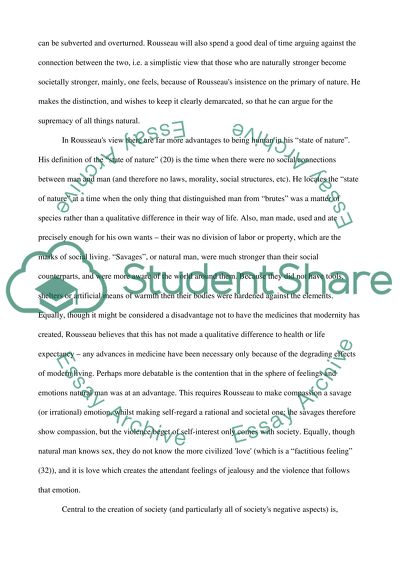Cite this document
(“Discuss Rousseau and either Tolstoy or Sartre Essay”, n.d.)
Retrieved from https://studentshare.org/literature/1503256-discuss-rousseau-and-either-tolstoy-or-sartre
Retrieved from https://studentshare.org/literature/1503256-discuss-rousseau-and-either-tolstoy-or-sartre
(Discuss Rousseau and Either Tolstoy or Sartre Essay)
https://studentshare.org/literature/1503256-discuss-rousseau-and-either-tolstoy-or-sartre.
https://studentshare.org/literature/1503256-discuss-rousseau-and-either-tolstoy-or-sartre.
“Discuss Rousseau and Either Tolstoy or Sartre Essay”, n.d. https://studentshare.org/literature/1503256-discuss-rousseau-and-either-tolstoy-or-sartre.


